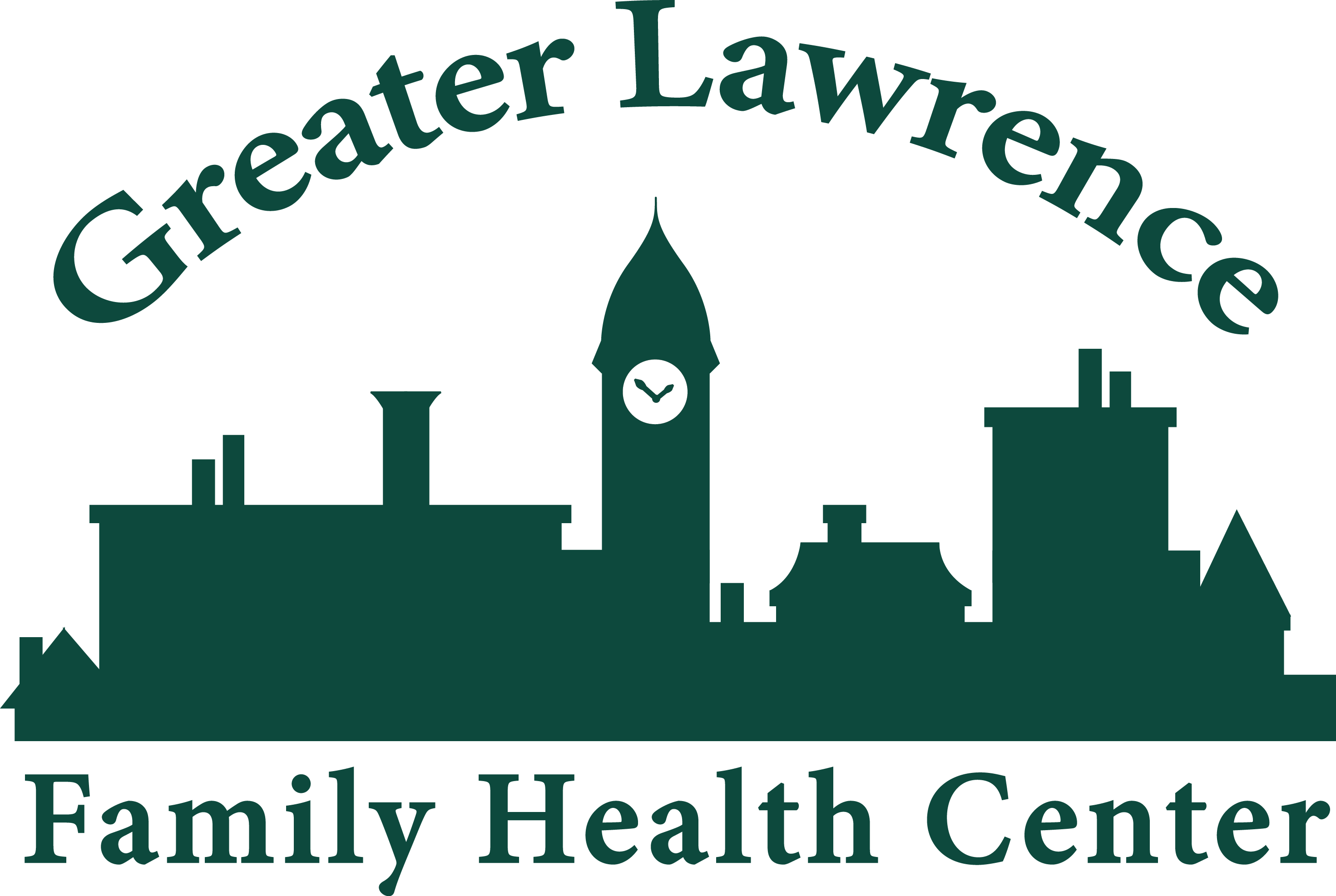Breastfeeding
Resources
GLFHC Resources:
- Prenatal Group Visits – (978) 983-0469 (Option 1, then Option 3)
- Lactation Clinic
- Breastfeeding Support Group
- Lactation Specialists
Community Resources:
- WIC Lawrence – (978) 681-4960
- WIC Methuen – (978-681-4963
- Breastfeeding Support Group at Lawrence General Hospital – (978) 683-4000 x2370
Internet Resources:
- La Leche League
- Global Health Media
VIDEO ENGLISH
VIDEO SPANISH
VIDEO HAITIAN-CREOLE
Benefits of Breastfeeding for Mom:
- lowers risk of breast, ovarian and uterine cancer
- protects against heart disease
- lower risk of high blood pressure
- lowers risk of diabetes
Benefits of Breastfeeding for Baby:
- decreases stress
- lowers risk of gut infections
- lowers risk of colds
- lowers risk of ear infection
- builds baby’s immune system
What to Expect
During pregnancy: Breasts will enlarge and small amounts of colostrum can sometimes be hand expressed near your due date.
1st Hour of baby’s life: Placing baby naked on your skin stimulates milk production, and helps regulate baby’s temperature and breathing. Babies have reflexes that allow them to crawl to the breast, find the nipple, and begin feeding on their own – which increases chances of breastfeeding success.
1st 24 Hours: Colostrum, which is a yellow, protein rich milk, will be made from the breasts. This comes in drops, and is sufficient for the newborn because the baby’s stomach is very small in the first week. Baby will feed frequently, sometimes every 1-3 hours.
1st Week: Milk is not produced until 48-72 hours after delivery. When it does, people often experience breast fullness & pain. Uncontrolled diabetes, obesity, and c-section delivery can delay this process.
1st Month: Your breasts may make too much milk and leak. Feed baby when they are hungry and by 6-8 weeks, the breasts will adjust to make just the amount needed.
Cluster feeds: Babies often feed very frequently in the evening – sometimes every 30-45 min.
Breastfeeding Crisis: At 6-7 weeks, milk composition changes and babies often get fussy at the breast. This will pass in 1-2 weeks.
Pumping
Pumping is not necessary until after 2 weeks. However, if you have too much pain, need to return to work, have low milk supply, baby or mother are hospitalized, or due to personal preference, you may need to pump earlier.
Access to pump: Your healthcare provider can send a breast pump to your home in the 3rd trimester. If you don’t have one, you will be given a pump at Lawrence General Hospital prior to discharge. GLFHC can lend you a pump to use, and WIC also has pumps available for rent. MassHealth covers breast pumps and milk storage bags.
Overuse of pump: Pumping when not needed can cause oversupply of milk and breast pain. Use your baby’s growth pattern to see if your milk supply is enough. If you need to pump in the first few days/week, hand expression will remove more milk and will increase your milk supply later, compared to pumping.
Know your pump: It’s important to get to know your pump. Each pump has instructions in the box and videos online. Correct flange size is important to avoid damage to nipple and pain. Your flange size may change as your nipple sizes change.
Storage: Breastmilk is good for 4 hours at room temp, 4 days in refrigerator, 6 months in freezer. You can use milk for 2 hours after the baby started drinking a milk bottle/bag.
Troubleshooting
Nipple Pain: 90% of the time, this is due to poor latch, and other times due to tongue tie, tight neck or jaw muscles of baby, or infection. Breastfeeding can cause some breast discomfort in the first 30 seconds. If pain persists, or if you have cracked/bleeding nipples, talk to your provider!
Troubleshooting a poor latch: Align the ears, shoulders, and hips of the baby in a straight line. Position the baby close to you, with the bottom jaw grabbing more of the nipple. Ensure baby opens mouth wide. Ask your doctor to check the baby’s suck, tongue, and neck muscles.
Exquisite nipple pain: If latch is corrected and the nipple is very tender to light touch, there may be a bacterial or yeast infection. Ask your healthcare provider about this.
Engorgement: When milk comes in and there is breast fullness, babies often have trouble latching due to a change in shape of breast. Gently massage the breast, hand express to remove some milk, feed frequently, and use a cold compress as needed for comfort.
Low milk supply: If you are unable to breastfeed at least every 4-5 hours or if you use formula to supplement, your supply can decrease. Feed breastmilk every time the baby is hungry, or pump at least every 4-5 hours including overnight. If baby is not growing enough, reach out to your provider.
Crying at breast: Burp baby. Change the diaper if wet/soiled, support baby’s body.
